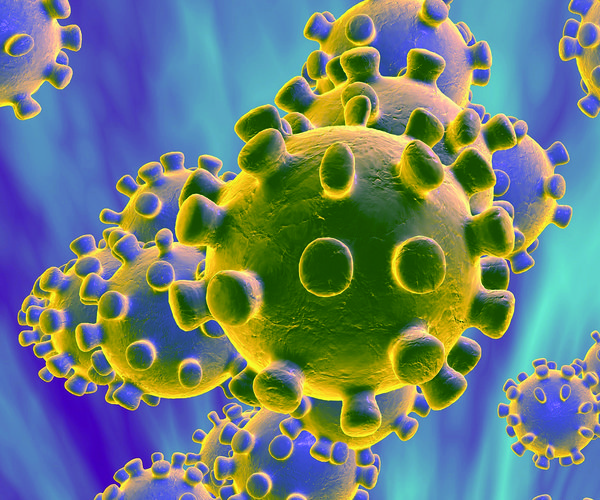By HOPE YEN Associated Press
WASHINGTON (AP) — Veterans Affairs Secretary Robert Wilkie is taking advocacy of an unproven drug for the coronavirus even further than President Donald Trump, claiming without evidence that it has been effective for young and middle-aged veterans in particular.
A look at his claims:
WILKIE, on a nationwide study finding that a malaria drug had no benefit for treating COVID-19 among veterans: "That's an observational study. It's not a clinical study. It was done on a small number of veterans. Sadly, those of whom were in the last stages of life. And the drug was given to them. And I have to also say that the drug — we know the drug has been working on middle-age and younger veterans ... working in stopping the progression of the disease." — interview Wednesday on MSNBC.
THE FACTS: He mischaracterized the study's findings.
Wilkie is rejecting a study that relies on his department's own hospital data and finds no benefit from hydroxychloroquine, his claim that it helps younger or middle-aged veterans with COVID-19 is also unsubstantiated.
It's true that the study, done by independent researchers at two universities with VA approval, was not a rigorous experiment. With 368 patients, it's the largest look so far of hydroxychloroquine for COVID-19, based on VA hospital data.
Researchers analyzed medical records of male veterans hospitalized with confirmed coronavirus infection at Veterans Health Administration medical centers who died or were discharged by April 11.
About 28% who were given hydroxychloroquine plus usual care died, versus 11% of those getting routine care alone.
Even though people given the drug tended to be sicker than the comparison group, researchers statistically adjusted for that and still saw no benefit from the drug.
There is no other published evidence that the drug is safe or effective for younger veterans with COVID-19.
___
WILKIE, asked whether it's safe to encourage people to take hydroxychloroquine for COVID-19 treatment: "Oh, I think so." — interview Wednesday on MSNBC.
THE FACTS: That's not what the government's top health experts say, nor what his own agency has suggested.
Wilkie, who as VA secretary leads the nation's largest health system, expressed support for Trump's unverified claims about a malaria drug that can have serious side effects and may not work. Hydroxychloroquine has not been proven as a treatment for COVID-19.
The drug has long been used to treat malaria, rheumatoid arthritis and lupus. A few, very small preliminary studies suggested it might help prevent the coronavirus from entering cells and possibly help patients clear the virus sooner.
Currently, doctors can prescribe the malaria drug to patients with COVID-19, a practice known as off-label prescribing. The Food and Drug Administration has allowed the drug into the national stockpile but only for narrowly defined purposes as studies continue on whether it is effective and safe enough to be approved for wider use by people sick with the coronavirus.
The drug has major potential side effects, especially for the heart, and large studies are underway. The FDA says people should not take it without a prescription and emphasizes that the malaria drug being explored is "not FDA-approved for treatment of COVID-19."
Wilkie's own health care arm at the VA also has criticized premature assessments on the effectiveness of the drug for the coronavirus. In an unsigned response to an audit report last month examining whether the VA had adequate stocks of the drug, top VA health officials called it "inaccurate and irresponsible" to assume hydroxychloroquine would benefit veterans for COVID-19.
"There are active investigations into these drugs and many others, as discussed by Dr. Anthony Fauci," according to the unsigned VA response to the agency's inspector general. "Yet no conclusions have been made on their effectiveness. To insist that a 14 days' supply of these drugs is appropriate or not appropriate displays this dangerous lack of expertise on COVID-19 and Pandemic response."





